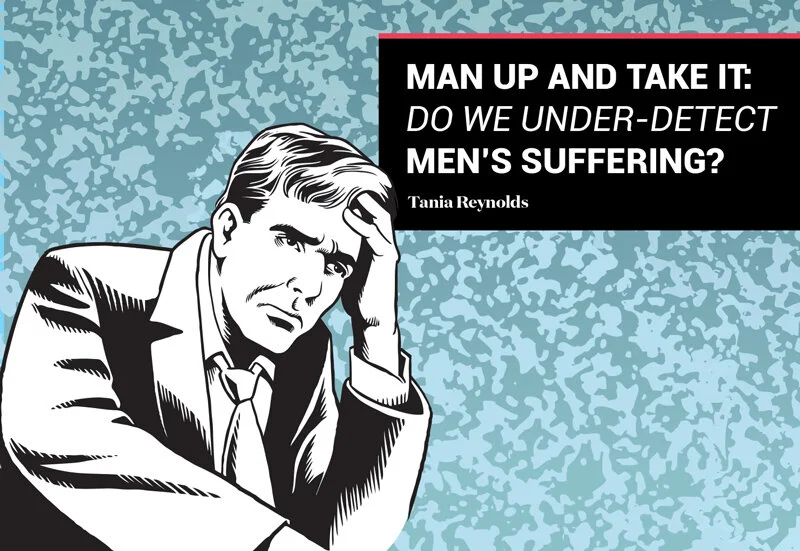Shayna Skakoon-Sparling
Shayna Skakoon-Sparling
Occupation: Postdoctoral Research Fellow
Location: Toronto, Canada
The Sex in My Business: The focus of my research examines how people make decisions about their sexual health and other related matters. This includes how sexual arousal impacts our ability to make good decisions, how feeling lonely and wanting a romantic partner impacts our willingness to negotiate safer sex, and a variety of factors that impact gay and bi men's health specifically.
A Typical Day: I usually ride my bike to my office on campus and spend the day in meetings or working at my computer. When doing the latter, I could be analysing data, writing research papers, or doing other small research tasks like designing studies, reading articles that other people have written so that my knowledge is up to date, and helping my lab with data collection.
The Best Part: There are a lot of things I enjoy in my work! I like when I'm on a roll with my writing and I feel like I'm coming up with great ideas. I also like when it's time to analyze data and I find something neat (sometimes it's something I expected and sometimes it's something surprising!). But my favorite thing about my job is probably when I get to talk to people about my work. I love presenting my research to others and the different perspectives I receive in response. I also enjoy talking to community members about what I'm finding and how this research can help improve their health. It feels great to spread good information and combat stigma—for example, many people aren’t aware of all the different ways there now are to prevent HIV.
The Worst Part: It is frustrating when there are setbacks, and because I am in academia, setbacks in employment because of the job market can be pretty stressful. My least favourite part, though, is probably bureaucratic paperwork — there is a lot of it sometimes!
How I Got Here: I got interested in sexual health research when I was in the last year of my undergraduate degree. A friend gave me some papers to read about decision-making in connection with sexual health and it got me thinking about contexts in which making good/safe decisions can be challenging. This is how I became interested in understanding how people make decisions about their sexual health and STI/HIV prevention, and from there, the rest is history.
What Society Thinks: Social reactions to my work can be anywhere from positive, to neutral, to annoying or obnoxious, to scary. A lot of people think that sex researchers are a bit scandalous; they think we're all very sexually open (some of us are, but not all of us), that we're down for literally anything (some of us are, but not all of us), and that we think about sex all the time (okay...that one's true, but not always in the sexy way a person might imagine). Some people also see sex research as a bit of a joke, which means that I sometimes have to work harder to get people — especially other researchers in other branches of my field — to take my work seriously. Sometimes, I don't feel up to the effort of dealing with strangers' reactions to my work though, especially when people have a negative reaction or they want to start telling me about their sex lives (in way too much detail!). When this happens, I'll often just tell cab drivers or fellow train passengers that I research HIV prevention, since this is one aspect of my work that people tend to have an easier time with. However, generally, I like to talk with people and help them learn new things, so when I'm able to correct some misinformation or even plant a seed of doubt in someone's mind about a negative view they hold around sex or sexuality, that feels pretty cool.
When I’m Not at Work: I like to hang out with my friends and/or family. When the weather is warm, I also like to get a drink and a bite to eat on a patio with people I love or to sit quietly and read on my balcony. I also love to watch movies and TV with my spouse.
For more about Shayna, follow her on Twitter.
Published Mar 18, 2021
Updated Oct 27, 2022
SUBSCRIBE TO OUR NEWSLETTER
Published in Issue IX: Community













